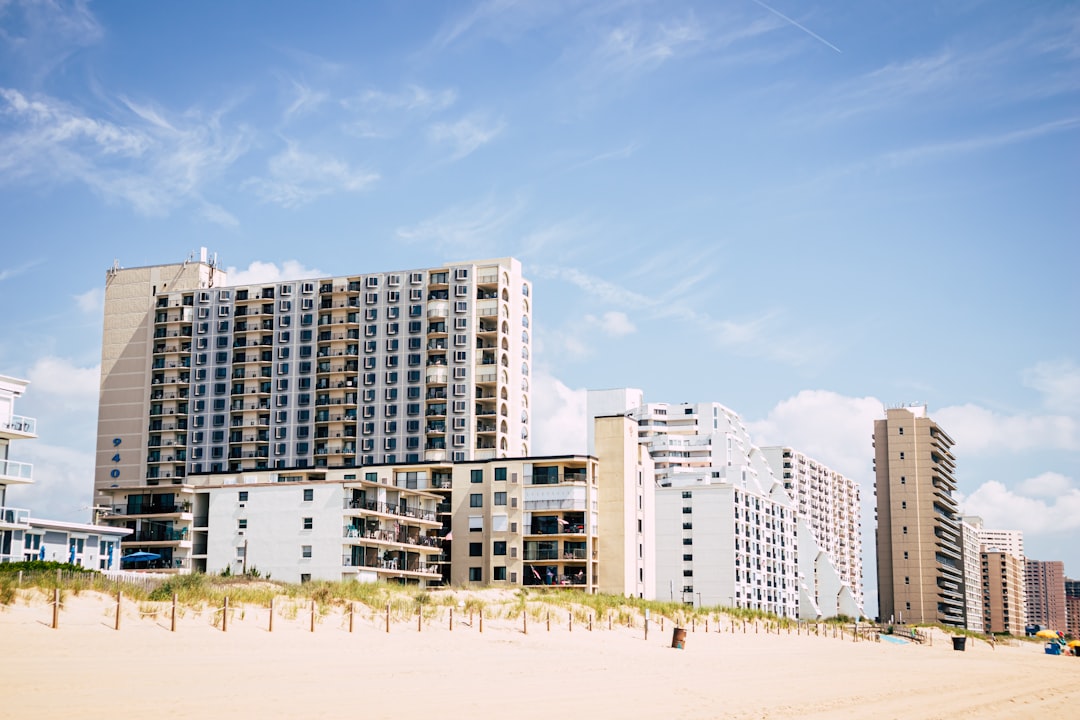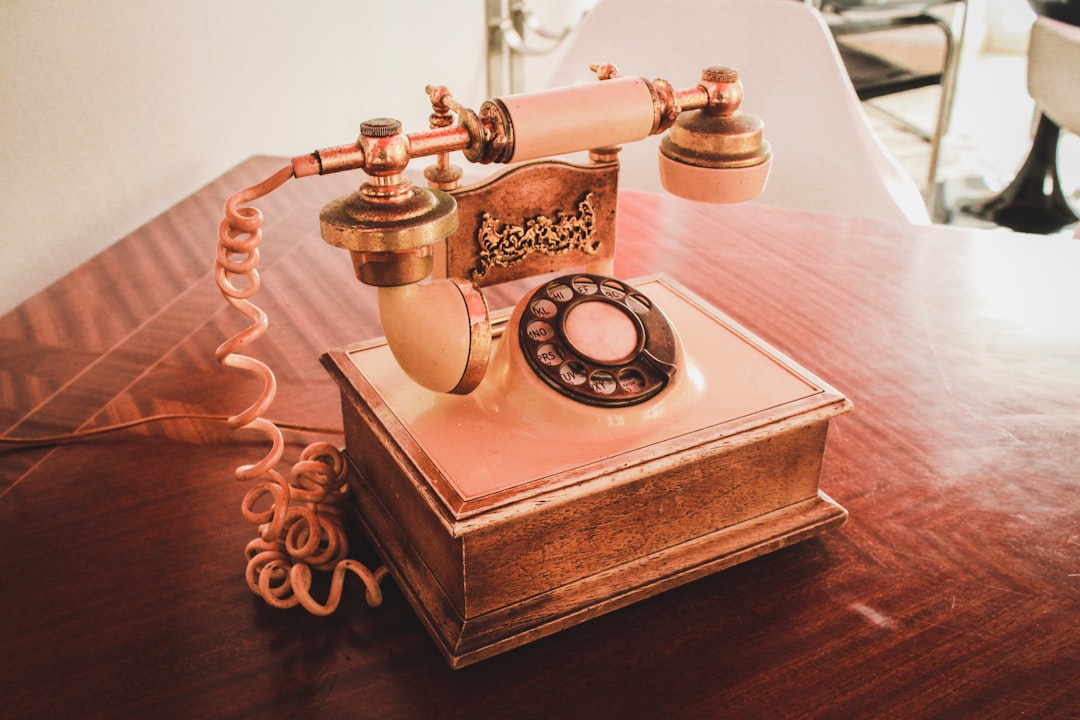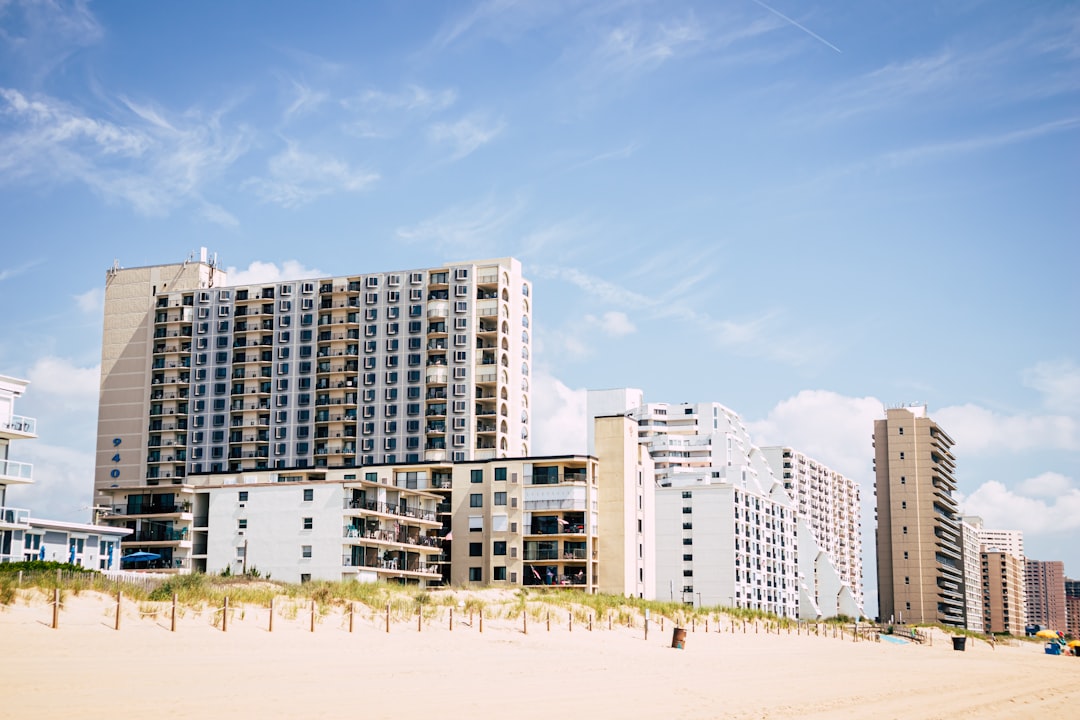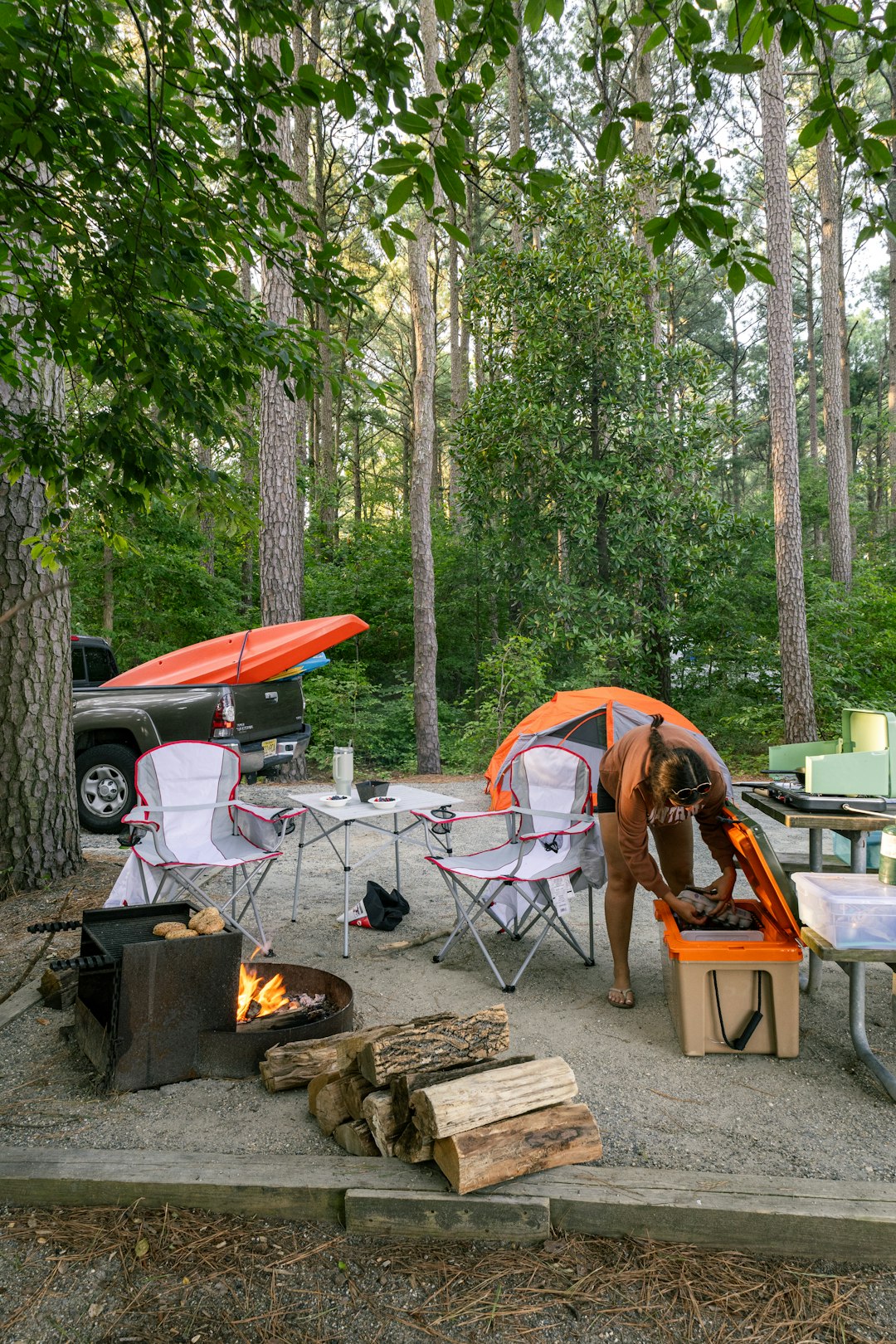Masonville Cove Environmental Center in Brooklyn serves as both an environmental sanctuary and a community guard against rising donation scams, educating visitors on identifying fraudulent activities like impersonating charities. They promote caution with unsolicited requests and highlight legal protections, such as Maryland's Do Not Call Registry and Attorney General's Office complaints. Consulting a lawyer specializing in Do Not Call laws in Maryland offers direct assistance for victims of scams.
“Brooklyn’s Masonville Cove Environmental Center, a sanctuary for nature enthusiasts, is more than just a peaceful retreat. It serves as a vigilant watchman against insidious donation scams prevalent in the area. As visitors flock to its serene surroundings, the center plays a crucial role in educating and safeguarding them from fraudulent practices. This article explores the center’s dedication to public awareness, especially with the rising threat of donation scams, while also providing insights into legal protections offered by Maryland’s Do Not Call lawyer services.”
Masonville Cove Environmental Center: A Haven for Nature Lovers and Awareness

Masonville Cove Environmental Center is a haven for nature lovers and awareness seekers, offering a serene retreat in the heart of Brooklyn. This picturesque location, nestled along the coast, captivates visitors with its lush greenery and diverse wildlife, making it an ideal spot for education and conservation efforts. The center plays a vital role in fostering environmental stewardship by providing informative programs and exhibits that highlight local ecosystems and sustainability practices.
Beyond its ecological significance, Masonville Cove serves as a crucial resource for the community, raising awareness about environmental issues, including the dangers of scams and misleading practices. With an increasing number of donation scams, especially targeting vulnerable populations, the center educates visitors on how to identify fraudulent activities, emphasizing the importance of caution when responding to solicitations, particularly those involving legal services like Do Not Call Maryland registrations.
The Rise of Donation Scams in Brooklyn: How the Center Keeps Visitors Safe

In recent years, Brooklyn has witnessed a surge in donation scams, posing a significant risk to unsuspecting visitors and locals alike. These fraudulent schemes often target people’s generosity, especially during times of natural disasters or community initiatives. Masonville Cove Environmental Center, a beloved green space in Brooklyn, has taken a proactive approach to protect its visitors from these scams.
The center educates its guests about the common tactics used by scammers, such as impersonating charities or emergency relief organizations. They encourage visitors to be vigilant and cautious when approached for donations, especially if they receive unsolicited requests or high-pressure sales tactics. By raising awareness, Masonville Cove empowers its community to make informed decisions and avoid becoming victims of these deceptive practices, ensuring a safer environment for all. Additionally, the center provides resources and guidance on legitimate donation options, making it easier for folks to give back securely, without falling into the traps set by scammers. This proactive measure not only safeguards visitors but also fosters a culture of responsible philanthropy in Brooklyn.
Legal Protections and Resources: Navigating Scams with a Maryland Do Not Call Lawyer

If you’ve been targeted by a donation scam, it’s important to know that legal protections are in place to help. In Maryland, the Do Not Call Registry is a powerful tool designed to prevent unwanted telemarketing calls and messages. If you feel pressured or manipulated into making a donation over the phone, you can file a complaint with the Maryland Attorney General’s Office. They have resources dedicated to investigating and stopping fraudulent activities.
For more direct assistance, considering consulting a lawyer specializing in Do Not Call laws in Maryland. Such a legal professional can guide you through your rights and options, ensuring that any further interactions with scammers are handled appropriately. This may include blocking calls, suing for damages, or seeking restitution for financial losses. Remember, staying informed and knowing your rights is the best defense against donation scams.






